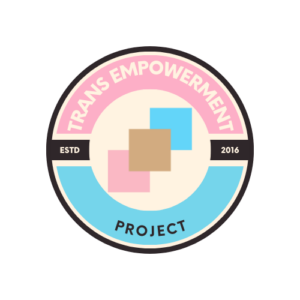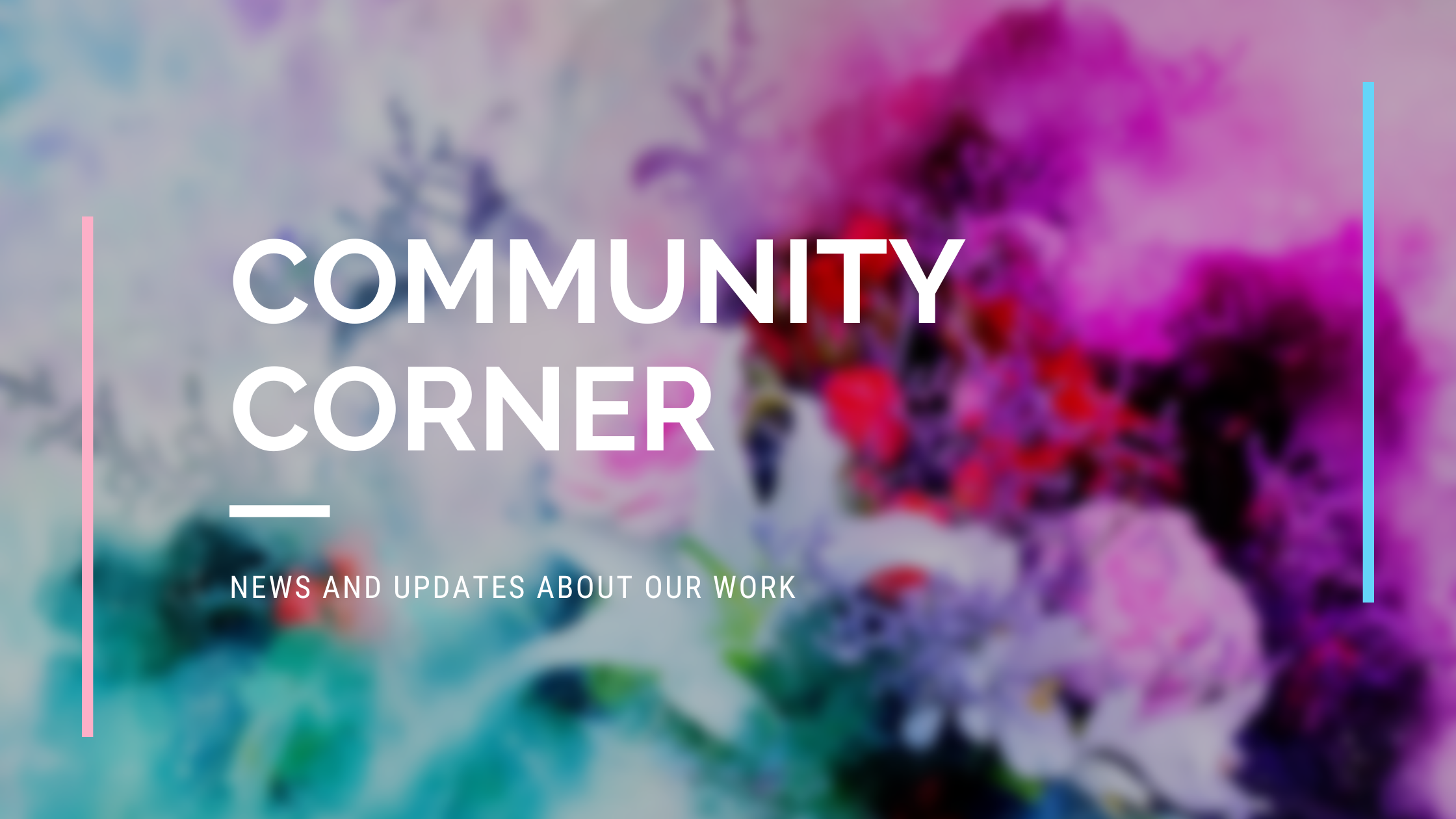It’s not news in the Trans* community how powerful a tool storytelling can be. Just look at the classic instance of it being used against us in the fear-mongering, fictional tale of a man infiltrating the ladies’ restroom as a “Trans* woman” to then take advantage of vulnerable parties. The recorded instance of anything like this actually happening is non-existent. But that little fictional tale has scared hundreds of people, turned them against the Trans* community, may even have helped make a TERF out of a certain famous author. Apparently, you don’t need facts if you have a good story (as sales of said author’s fantasy books can certainly testify to), and a good story can’t be silenced by facts.
So rather than fight fire with a Health & Safety code (rare is the individual who actually reads those), we must fight fire with water. Why give oxygen to the inflammatory stories intended to demonize Trans* people when there exists a plethora of stories to tell that are a perfect antidote? Endless tales of Trans* folk who have been so impactful as to infringe on the mainstream. Trans* success stories like that of Laverne Cox, Elliot Page, Jonathan Van Ness, Judith Butler, Lana and Lilly Wachowski are as well-worn books, thumbed through by many a reader. Just as important are the local stories. The openly gay and married professor at my university who helped my lesbian friend believe she could live a long and happy life as herself. The Trans* guy I hung out with years ago who is now documenting his transition on social media – the Trans* guy who helped me feel less abnormal. Telling your story gives something for other Trans* folk to identify with and gives people outside the community a real person to sympathize with instead of a twisted stereotype to mock or a skewed caricature to fear. And building these connections builds influence and power.
The #MeToo movement is a useful recent example of the power of storytelling. Millions of people worldwide shared their stories, helping to build a global sense of community and getting most of the planet talking about the pervasive issue of sexual assault. This movement led to charges being brought against serial sexual predators, job losses for many accused figures, and in several states even a ban on the use of nondisclosure agreements relating to incidences of sexual misconduct. Over four years since the movement went viral on social media, more than half of Americans say they are more likely to speak out about sexual misconduct. The number of employed who received training on workplace harassment has increased. The percentage of employed who perceive a serious sexual misconduct issue at their place of work has almost halved since 2017. All because people were brave enough to tell their stories.
Storytelling is important not just to build political power in the current moment, but for crafting a lasting Trans* history and a data resource on Trans* identities and lives. As of right now, alongside the Trans* historical figures we have, there are plenty of famous figures of unknown or ambiguous gender identity, and those presumed to be cisgender. The more Trans* stories we tell now, the more solidified the place of Trans* people in history becomes. The larger the data pool, the harder it is to ignore, the more it has to be factored into more general cultural and political conversations. Trans* literature is an emerging discipline; just as writing by women had to be told again and again to become the established academic sect it is today, writing and engaging with more Trans* stories will help to establish the Trans* voice in literary study. Beyond literature, our language itself is shaped by cultural forces – and the influence of Trans* storytelling has led to words including ‘cisgender’ and ‘genderqueer’ being added to dictionaries. In 2018, the Oxford English Dictionary added ‘Trans*’. Pop-culture is currently littered with slang from and references to queer culture. History is not always written by the victors, but being able to write yourself into history is a form of victory.

